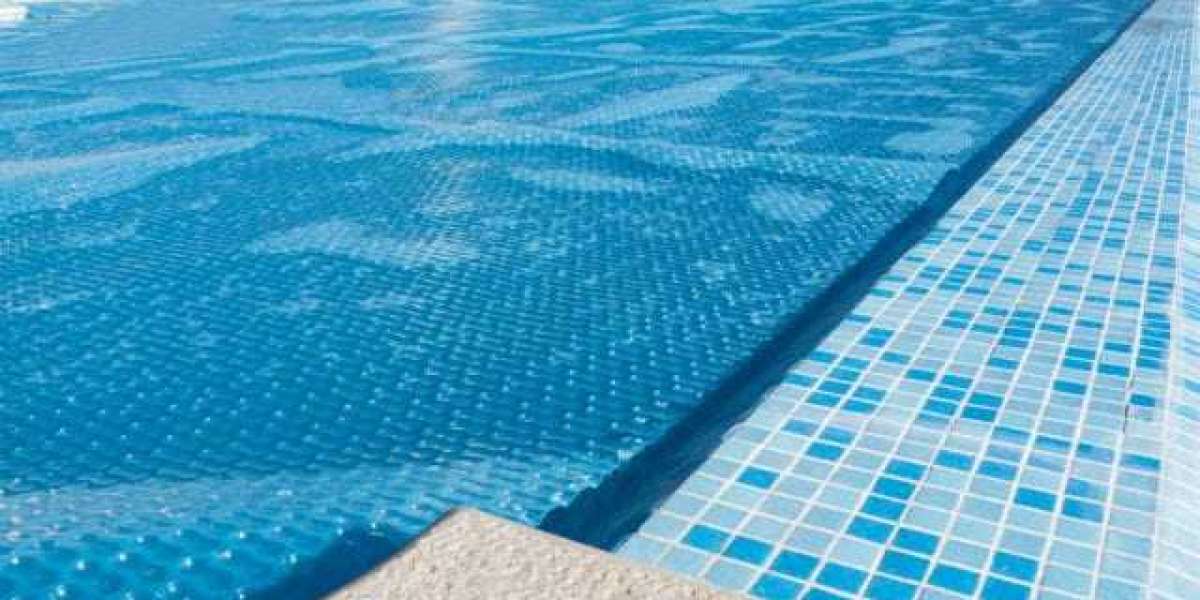In the realm of sustainable energy solutions, solar covers represent a practical and innovative approach to harnessing the power of the sun for both residential and commercial applications. These versatile covers not only contribute to energy efficiency but also offer numerous environmental and economic benefits. This article explores the functionality, advantages, and considerations surrounding solar covers, highlighting their role in promoting a greener future.
Understanding Solar Covers
Solar covers, also known as solar blankets or thermal covers, are specially designed sheets typically used to cover swimming pools. They are constructed from a durable, UV-resistant material that captures and retains solar energy. By absorbing sunlight during the day, solar covers help to heat the pool water naturally and prevent heat loss overnight, thereby reducing the need for traditional heating methods like gas or electric heaters.
Energy Efficiency and Cost Savings
One of the primary benefits of using a solar cover is its ability to significantly reduce energy consumption associated with pool heating. By harnessing solar energy, these covers can raise water temperatures by several degrees, extending the swimming season in cooler climates and minimizing heat loss during colder nights. This translates into lower utility bills and operational costs for pool owners, making solar covers a cost-effective investment in the long run.
Environmental Impact
In addition to cost savings, solar covers contribute to environmental sustainability by reducing reliance on fossil fuels for heating purposes. By utilizing renewable solar energy, pool owners can lower their carbon footprint and mitigate greenhouse gas emissions associated with traditional energy sources. This aligns with global efforts to combat climate change and promote cleaner energy alternatives across various sectors.
Types of Solar Covers
Solar covers are available in different types and configurations to suit various pool sizes and preferences. Standard solar blankets are designed to float on the water's surface and absorb sunlight, while more advanced options may include bubble covers that enhance insulation and heat retention. Additionally, some covers are designed to be easy to use and store, facilitating convenience for pool maintenance and operation.
Installation and Maintenance
Installing a solar cover is a straightforward process that typically involves spreading the cover over the pool surface when not in use. Many covers are lightweight and easy to handle, making them accessible for both residential and commercial pool applications. Regular maintenance involves cleaning the cover periodically to remove debris and ensuring proper storage during off-seasons to prolong its lifespan and effectiveness.
Considerations for Potential Buyers
When considering the purchase of a solar cover, several factors should be taken into account. These include the size and shape of the pool, climate conditions, durability of the cover material, and compatibility with existing pool equipment. Pool owners should also evaluate the potential savings in energy costs and the overall return on investment (ROI) over time, taking into consideration the initial purchase price of the cover.
Market Trends and Innovation
The market for solar covers continues to evolve with advancements in materials and design. Innovations such as covers with increased UV resistance, improved insulation properties, and customizable options cater to diverse consumer preferences and operational needs. Manufacturers are also exploring ways to enhance the efficiency and effectiveness of solar covers through research and development efforts aimed at optimizing heat retention and durability.
Conclusion
In conclusion, solar covers represent a practical and sustainable solution for enhancing energy efficiency in pool heating systems. By harnessing the natural power of the sun, these covers offer significant benefits in terms of cost savings, environmental impact, and operational efficiency for both residential and commercial pool owners. As the demand for renewable energy solutions grows, solar covers play a crucial role in promoting sustainability and reducing carbon emissions associated with traditional heating methods. By investing in solar covers, individuals and businesses alike can contribute to a cleaner and greener future while enjoying the practical benefits of solar-powered pool heating.
Embrace the power of solar covers today and embark on a journey towards a more sustainable and energy-efficient tomorrow.







